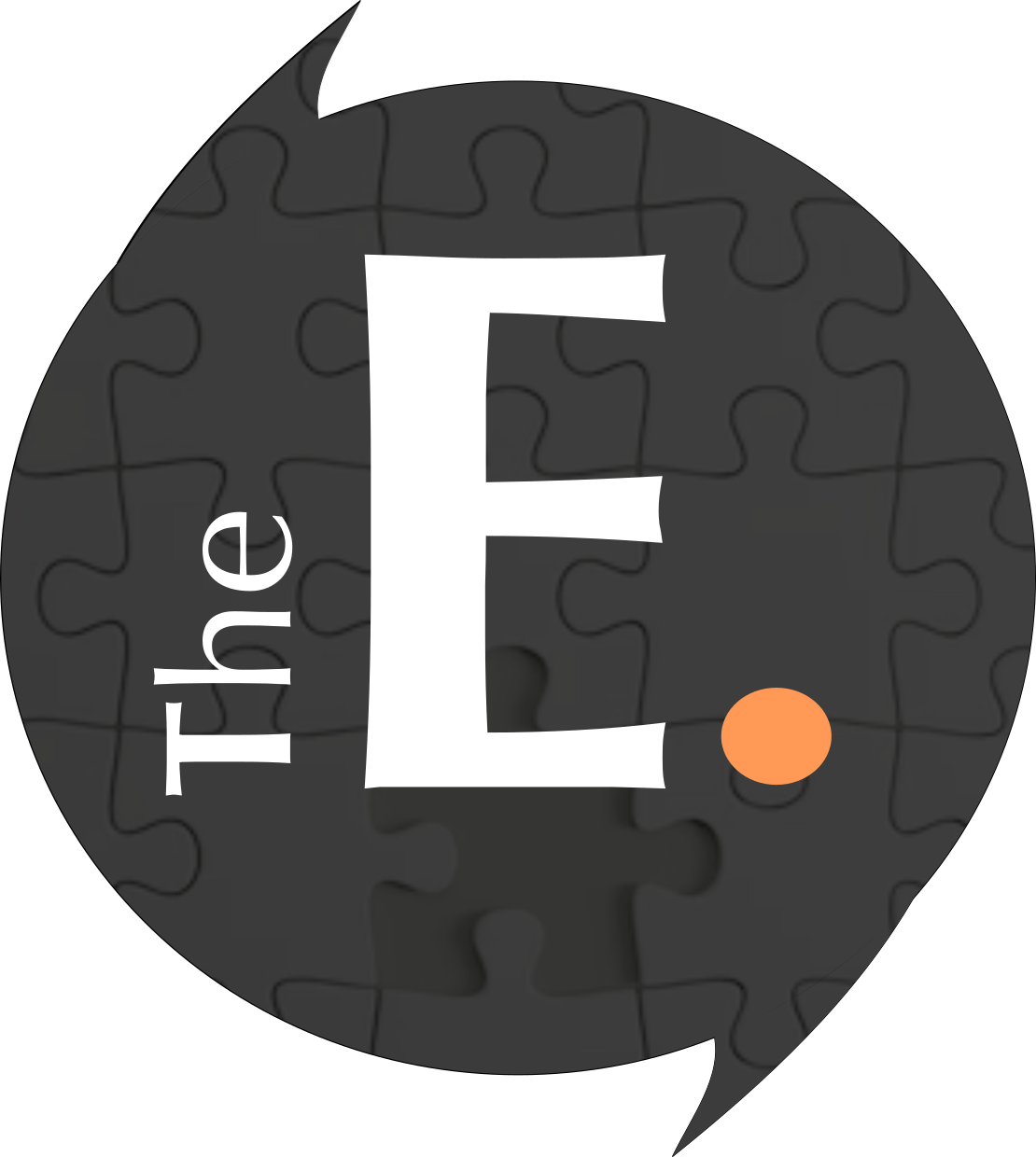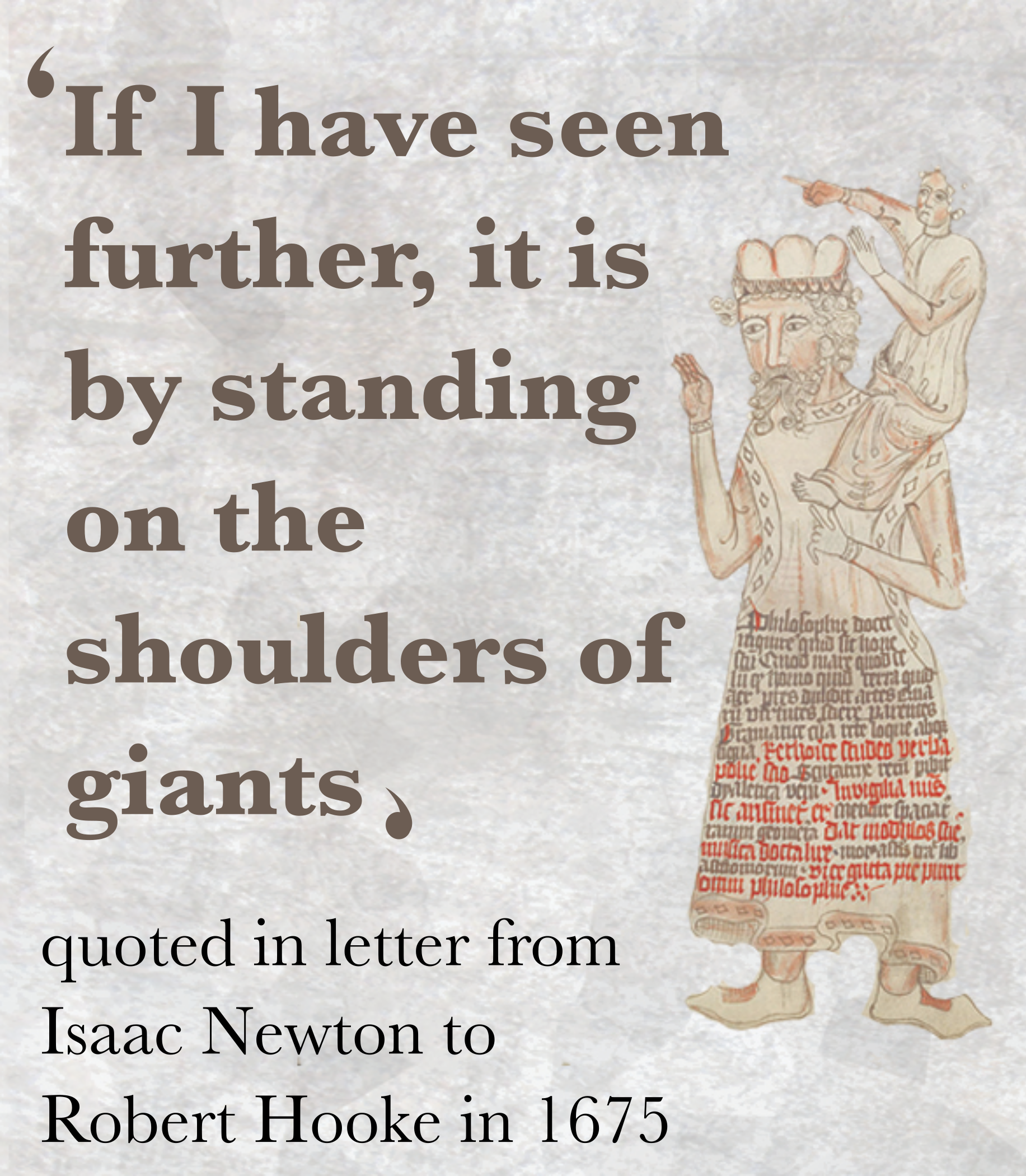Building an Open Science Culture by training, trust and transformation
Heidi Seibold
When I first started doing research, I never questioned whether I should make my data or code publicly available; it simply felt like the right thing to do. To me, making your work openly accessible seemed like a natural and necessary part of the research process. I could not imagine any other way. How else would others understand what I really did? Especially since as a statistician, the core of my work was working with data and code.
So I felt really bad about the mess of code scripts I had created as part of the complex data analysis for my first research project. I approached a senior researcher for advice on how to fix it and got a reply, "It's normal—don't worry about it". I could not believe his response! No, I wasn't going to ‘not care’. I took it upon myself to clean up everything and prepare my code for publication alongside the paper. Looking back, I am proud of my past self for standing by what felt instinctively right. What I then thought was simply doing science the right way, I now recognise as part of a larger movement called Open Science.
To me, to this day, Open Science is just science as it is supposed to be: accessible, rigorous, and open for collaboration and feedback. But over time, I have become less naive about it. I now know that Open Science, while ideal, is still far away from the norm.
But Open Science should be the norm!
Source: BBC, Illustration from 1410 from Lessing J. Rosenwald Collection
How can we truly push the boundaries of current knowledge if we don't have access to the work of others? How can we see further, if not by "standing on the shoulders of giants”? I claim we can't. Not really. And that is a serious problem for science. Without openness, we risk generating non-reproducible results and building entire fields of research on shaky foundations. For instance, take nutrition science today. It is a field so saturated with unreliable findings that even its researchers admit, 'Sometimes, an overabundance of published studies reporting significant results on the same question may reflect a nutritional zeitgeist rather than genuine replication.'
As an early PhD candidate in computational biostatistics, I quickly started recognizing the incentives for closed science and the pressure researchers experience to publish papers—publish them fast or perish! If fast is what you aim for, then the quality comes second. Sharing code, data, and other research outputs requires time, knowledge, willingness, and confidence. It is always hard to do the right thing.
My Open Science calling as a trainer
The longer I worked in science, the more I felt the need to be part of the Open Science solution. What began as a personal effort to stay better organized soon evolved into a deeper commitment to open science practices. As my understanding grew, I became actively involved in Open Science initiatives. Over time, this turned into expertise, and I began receiving invitations to speak and lead workshops, helping others navigate and embrace these essential practices. Before long, I was receiving more requests to speak about Open Science than about my research, despite working on new machine learning methods for medical research, which was hardly an irrelevant research field. It became clear that there was an appetite amongst researchers to learn more about practical ways of incorporating Open Science practices. They wanted to know how they could do it and appreciated my pragmatic and hands-on approach. I spoke not only about uploading materials to online platforms, version control, preprints and preregistration, but also collaboration and science communication.
Despite my stellarly progressing research career, in 2021, I decided that this topic is too important for me to be treated as a ‘side project’. So I quit academia and decided to improve the quality of research full-time. With the academic pressure of ‘publish or perish’ taken from my shoulders, I was finally free to consider what could be the biggest lever to create meaningful change. The decision was easy: I would help researchers do better research by offering them Open Science tools.
Steps to achieve Openness in Research, Source.
The Center for Open Science uses a pyramid to describe the steps needed to achieve a culture of openness in research. I find this way of looking at the problem really helpful. The base of the pyramid—the technical infrastructure that makes it possible to do Open Science—is available for a lot of parts of the open research process. It is now possible to open up materials (online platforms) or make the research process itself more transparent (lab notebooks, research code, etc.). Working on incentives and policy (the top of the pyramid) felt a bit out of my league at that time. I felt like with my skillset (public relations, networking and teaching) ‘Make it easy’ was going to be my access point to the pyramid.
I went ahead to teach researchers how Open Science can be practiced in a pragmatic and useful way. In a way that saves time and solves problems rather than the other way around. And people started asking me for training. Transitioning from a researcher to a freelance trainer felt exciting and suitable. I had already learned to manage my own time and had gathered experience in teaching and running events. All I needed to learn was writing invoices, marketing and sustaining myself as an Open Science expert. I ran workshops at PhD retreats, conferences and sometimes for entire research facilities. I enjoyed them, learned a lot and received good feedback. So my little business grew. After just one year, I went from wondering whether this was going to be something I could realistically build a career around to suddenly having more requests than I could keep up with.
Establishing the Digital Research Academy
As a lone freelancer, one can only do so much. I realized a reasonable next step could be building a trainer network. But building this was bigger than just me. I could not do it alone. Incredibly enough and with a little luck, I soon found a partner for this endeavour: my now business partner, Joyce, who quickly evolved from an acquaintance to one of the most important persons in my life. Mel, who has been running businesses that collaborate with academia for years, has been a fantastic advisor and supporter on our path to building the Digital Research Academy (DRA). People like her are important on such paths because sometimes you just need to talk to someone about stumbling blocks or get their expertise on how to create a vision for an unconventional business.
Founders of DRA, Mel (left), Joyce (middle), and Heidi (right), right after signing the incorporation paperwork at the notary.
In less than a year, we built a trainer community, a value-driven business, and a path towards quality research. We run regular Train-the-Trainer programs both online and in person, with which we onboard trainers to our community. In these programs, people learn about didactics and other practical things like how to run a training session with the DRA, how to create open educational resources and the business side of conducting workshops. We care about a healthy trainer community and work according to our guiding principles and our code of conduct, which is how we also have an impact on making research culture more collaborative and inclusive (see “Make it normative” in the pyramid). Our next Train-the-Trainer program will take place in Aachen, Germany, from September 1-3. Applications open until July 21.
We are not a project that ends when a grant runs out. We ensure our financial sustainability by going for a mix of revenue streams: some grants, yes, but most importantly, we charge for our services. This is uncommon in Open Science that people charge for their work. A lot of Open Science is volunteer-driven or at least grant-based. People often ask if it feels strange to charge for Open Science services. Honestly? Not anymore. We deserve to make a living from the important work that we do. After all, even staff at NGOs, including non-profits, are paid salaries. In many ways, the work we do is a service to science and valuable work should be fairly compensated.
The second question that we are often asked is whether universities and research institutions are able to pay us. Many are. And for those who are not, we are usually able to find a non-monetary win-win situation for us and the university.
So far, it has been a good ride. We’ve recently received a grant that supports our work for two years. We are aiming to use this to offer free training in outreach and marketing specifically tailored for Open Science initiatives. We’ve also made it through the initial labyrinth of starting a business in Germany (or so we believe), including hiring our first part-time core team members to help with various aspects of the business side of DRA. Then again, in Germany, there is always the chance another bureaucratic escape game is waiting just around the corner, but I’m confident we have the right team together to tackle the challenges that lie ahead.
Through Digital Research Academy, the founding team and I, in cooperation with our amazing freelance trainers, have already worked with hundreds of researchers. Along with Open Science practices and strategies, we teach other related digital skills such as data literacy and research software engineering. Most of the DRA trainers are from the research community and freelance with us on the side while still doing their research. It is rewarding to be able to work with amazing experts from interdisciplinary fields, many of whom I consider as friends, more than collaborators.
This path hasn’t always been perfect or stress-free, but it has always been purpose-driven. Stepping into an unconventional career was not easy and downright terrifying at times, especially after quitting my academic career.
Open Science is all about good scientific practices and until we achieve a world where Open Science becomes the norm, there is a long way to go. We need to tackle all the layers of the pyramid and convince everyone from students to University leadership. I am certain that training is a key building block of the solution and I am grateful to be part of it.



